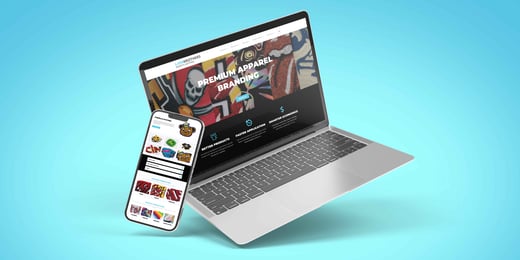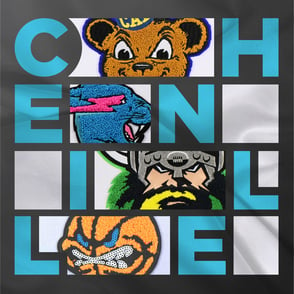3 SUSTAINABILITY CERTIFICATIONS TO FUTURE PROOF YOUR BRAND


Let's start this off with some statistics...
- There are 92 million tons of clothing-related waste each year. (UN Environment Program)
- The use of sustainable materials in clothing increased by 35% between 2017 to 2019. (Mckinsey)
- 68% of consumers consider a brand’s promotion of sustainability. (Nielson)
- 73% of millennials are willing to pay more for sustainable brands. (Nielson)
- The sustainable fashion market is projected to reach USD 9.81 billion by 2027, growing at a CAGR of 9.1% in the predicted 2020–2027 timeframe. (Mckinsey)
You probably didn't need this data to guess that there is a lot of waste in the apparel industry, but what you may not have known is that according to the data there is lot of opportunity here as well. The apparel industry's era of self regulation is ending. Across the globe, especially with recent legislation in the EU, new laws will have significant effects on consumers, manufacturers, and brands. The shifting landscape of the sustainability movement within apparel can be confusing, with lots of organizations and certifications. That being said, the time to start considering more sustainable business practices was yesterday. The good news is it's not too late and there is plenty of potential for growth not only in sustainable apparel but also apparel decorations. Making sure you are working with materials backed by the following certifications will ensure you are well positioned for the future as the market continues to trend towards more eco-conscience practices.
See Lion's commitment to sustainability.
OEKO-TEX Standard 100
OEKO-TEX is like a golden seal for textiles, ensuring they meet stringent safety and environmental standards. From raw materials to finished products, OEKO-TEX tests every stage of production for harmful substances like heavy metals and formaldehyde. But achieving this certification isn't a walk in the park. Textile manufacturers undergo rigorous testing by accredited laboratories, ensuring their products are safe and environmentally friendly. It's a mark of trust for consumers worldwide, indicating that the products they're buying meet the highest standards of safety and sustainability.

Global Recycled Standard (GRS)
GRS certification is all about products made using actual recycled content. Managed by the Textile Exchange, GRS states that it's main goals are to "align definitions of “recycled” across different applications, verify recycled content in products, and give brands and consumers a means to make informed buying decisions". Obtaining GRS certification can be difficult, especially for operations involving complex supply chains, and companies must undergo annual audits to maintain compliance. However, the process has been designed to be accessible to businesses of all sizes, with support and resources available to help throughout the process. This additional support is meant to allow for wider adoption of sustainable practices and smooth the barrier to entry without compromising testing standards.

The Higg Index
The Higg Index is like an overall sustainability report card for apparel, footwear, and textile products. Developed by the Sustainable Apparel Coalition (SAC), it measures environmental impacts like global warming potential, water scarcity, and chemistry. Companies seeking a Higg Index score must first become SAC members and then complete a series of tests. The higher the score, the more sustainable the product or process. While membership comes with a price tag, the Higg Index is becoming increasingly important as consumers demand more and more transparency within the fashion industry. It also provides a way for companies to transparently communicate their sustainability initiatives, and to compare their performance with others in the industry.

Lion's Sustainability Initiatives
Luckily Lion Brothers has all of these certifications, as well as many others. We made the commitment to champion sustainability years ago, not just environmentally but socially as well. As a result we have a world class, sustainable manufacturing operation and can confidently say the following...
- More than 95% of Lion’s core materials are made from recycled fabrics and can be recycled, repurposed, and reused.
- All of Lion’s core threads are made from 100% recycled polyester and are 100% recyclable.
- All Lion’s core adhesives are developed with sustainability in mind and are fully recyclable.
- Material use reductions in manufacturing since 2016...
- - 38% fabric usage.
- - 52% ink usage.
- - 37% adhesive usage.
- Lion's Far East factory is a zero landfill and zero incineration facility.
See more on Lion's commitment to sustainability.


Apr 17, 2024 2:19:19 PM



